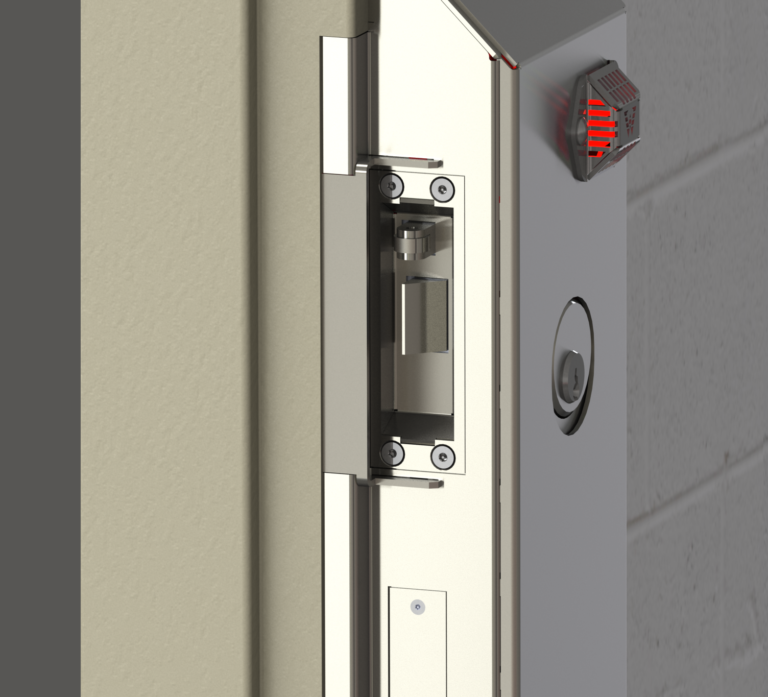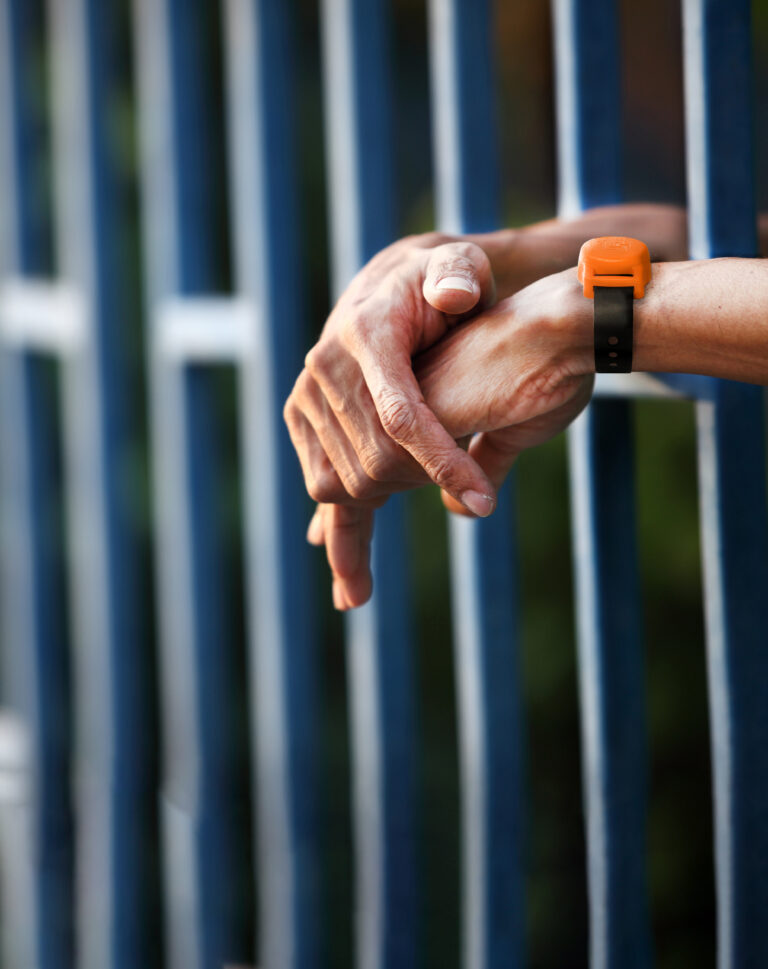Illinois Legislation Aims to Cut Prison Population
SPRINGFIELD, Ill. — Governor Bruce Rauner signed Senate Bill 2872 into legislation on March 10. The Illinois legislation marks a shift in the state toward reducing the overuse of prisons as well as toward increased public safety. The governor’s office referred to SB 2872 as “the most comprehensive criminal justice reform Illinois has enacted to date,” in an official statement. The bill is anticipated to help reduce the state’s prison population by 25 percent by 2025.
“By signing the bill, we’re doing what’s right for the people of Illinois,” said Gov. Rauner in a statement. “For years, our criminal justice system has been broken. This bill embodies the right way to safely reduce the overuse of our prison system while making our communities safer.”
SB 2872 charges the Illinois Criminal Justice Information Authority (ICJIA), the state’s public safety research agency, to provide strategic planning and technical assistance to help communities effectively address trauma victims’ experiences, particularly in communities with high levels of crime. It further strengthens the judges’ discretion when it comes to ensuring that offenders receive the appropriate sentence, including probation as an alternative to being sent to into Illinois Department of Corrections (IDOC) system. It also expands opportunities for inmates to participate in rehabilitative programming, which the Governor’s Office noted is the most effective way for IDOC to reduce recidivism.
“For too long, the only response to crime in our communities has been locking people up,” Rep. Jehan Gordon-Booth, D-Peoria, said in a statement. “Today, our prisons are overflowing, but many people are returning back to their communities worse off than when they went in. Incarceration as the singular response to crime and victimization isn’t working to make us safer.”
Rep. Gordon-Booth added that the state must change its focus from incarceration to real safety, also considering trauma-recovery services for victims, crime prevention and rehabilitation.
“This bill is the most comprehensive and important criminal justice reform Illinois has enacted to date,” ICJIA Director John Maki said in a statement.
Calling it “a model for how states should address crime and the overuse of incarceration,” Maki added that the bill will create opportunities for inmates to receive credit by participating in rehabilitative programs. It will also strengthen judicial discretion focusing existing resources on helping victims and communities most impacted by crime.






